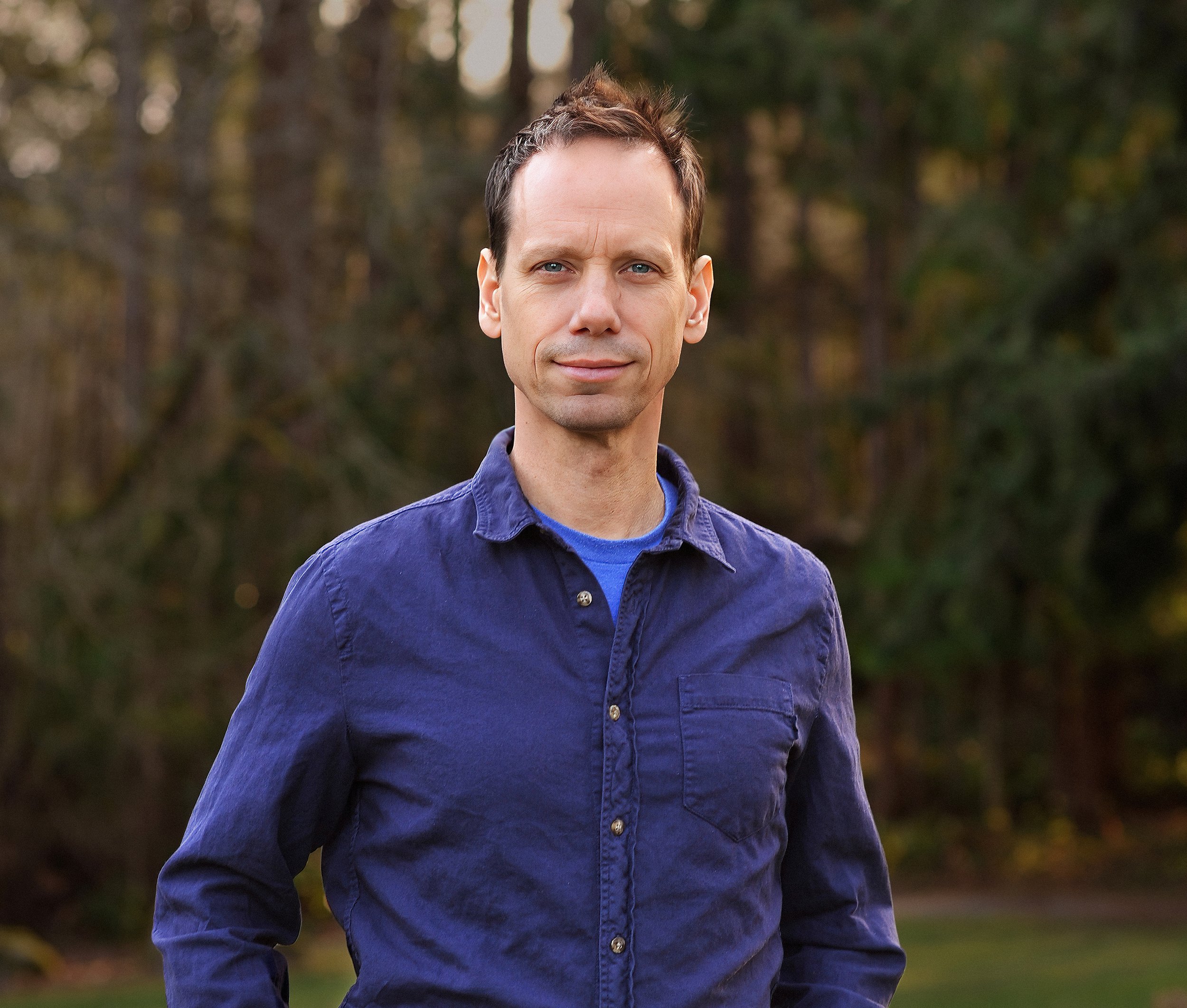
I never wanted to have my own website. But I’ve learned the hard way if you don’t tell your story, someone else will. In organizing, that often means it will be told by the opposition. In my case, that has been big banks and payday lenders.
Here's my story:
I started organizing in Southern Indiana, which is where I’m from. Later I moved to Chicago, and it was in neighborhoods here that I was taught the fundamentals of organizing. As we ran into the limits of what could be won at the neighborhood level, I began doing city-wide organizing, and then running national campaigns.
I’ve helped organize campaigns to win federal financial reform, tens of billions in mortgage relief for ripped off homebuyers, reforms to federal housing programs, and hundred-million-dollar lending agreements, as well as fights to get alleys paved, new trash cans put in, and win more rat abatement. I’ve also organized campaigns in which we didn’t win at all.
The hardest organizing I’ve done has been in the aftermath of crises. I’ve been asked to come to town to organize in the hours following an immigration raid, the aftermath of a lending scam that devastated entire neighborhoods, in the wake of an environmental disasters that will have repercussions for generations.
Much of my time in organizing was with the National People’s Action family, and later People’s Action. Among the things I’m most proud of is work we did to make the case for new investments in rural organizing, launching new rural organizing, and then following that up with running the largest deep canvass program ever.
Today I’m part of a group of organizers who believe we need to dramatically broaden who our organizing is designed to reach. We launch new working-class organizing from scratch, teach and train people how to do it, and tell the story of what becomes possible when we broaden who we invite in to a “bigger we.”
There is rightly much concern about the future of democracy. I believe we strengthen and protect democracy by doing it, and I have found no more effective method than organizing.
If I have found one thing to be true in thirty years of organizing, it is this: If you learn and practice the fundamentals of organizing you will, without fail, get lots of people involved, develop a clear issue demand around which to organize, develop a strategy, move people to action, and dramatically improve the odds of winning.
This newly organized group will go into the next fight with more power, confidence, trust, and strategic know-how, taking on more structural issues, steadily getting closer and closer to the root.
Coming up we told organizing stories at the bar. We still do that, but now we have Substack and podcasts too Here, me and friends share stories of community organizations overcoming the odds to bring people together, take on abusive power, and win. We interview sage organizers who have dedicated decades to the craft, but of whom few people know. You also find love letters to the craft, a new pamphlet about organizing, and more on this page.
Thanks for reading,
George


